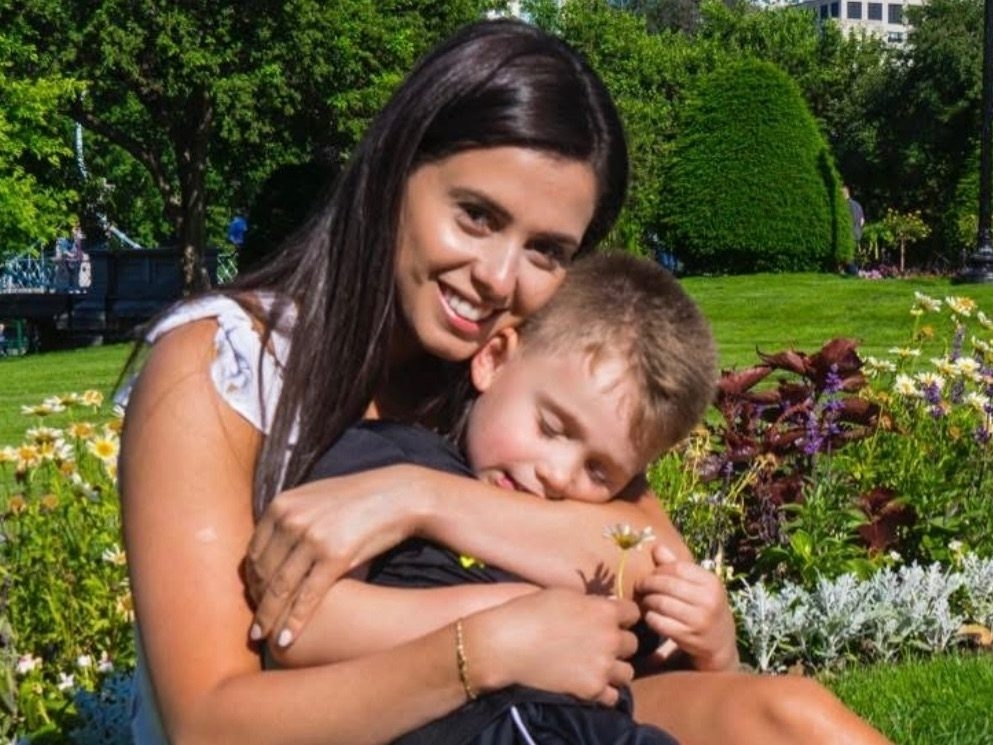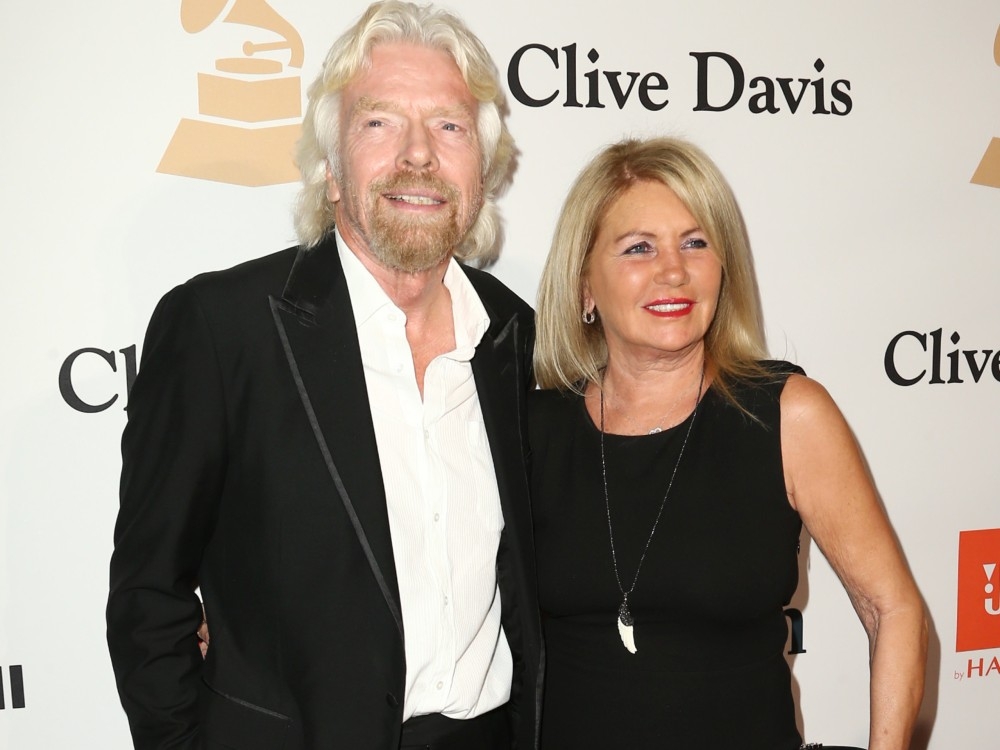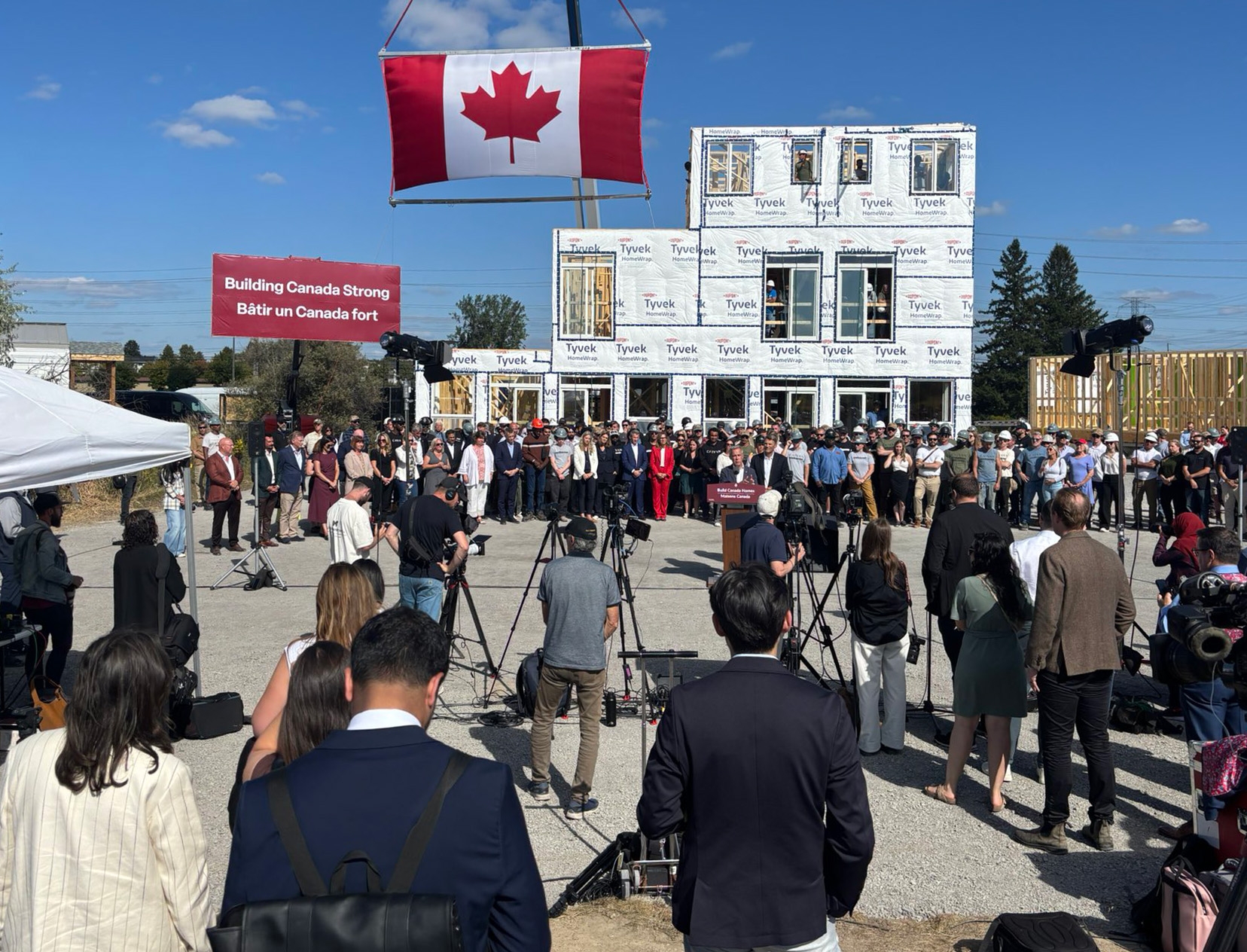A shadow has fallen over the family of White House Press Secretary Karoline Leavitt. Her nephew’s mother, Bruna Caroline Ferreira, is currently detained by U.S. Immigration and Customs Enforcement, triggering a complex and deeply personal situation.
Ferreira was taken into custody in Massachusetts, accused of overstaying a tourist visa that expired over two decades ago, in June of 1999. Authorities describe her as having previously faced arrest on suspicion of battery, though details surrounding that case remain unclear.
She is now held at a processing center in Louisiana, awaiting deportation proceedings. The Department of Homeland Security maintains that all individuals unlawfully present in the United States are subject to removal, a policy underscored during the Trump administration.

Despite the circumstances, Ferreira’s son, Leavitt’s nephew, has primarily resided in New Hampshire with his father and stepmother since birth. While a relationship existed between mother and son, contact has been severed since her recent detention weeks ago.
The father, Michael Leavitt, expressed his sole concern is for his son’s well-being and privacy. Karoline Leavitt herself has declined to comment, though sources indicate a long period of estrangement between the two women.
However, Ferreira’s legal counsel paints a drastically different picture. They assert she arrived in the United States as a child and has diligently maintained legal status through the Deferred Action for Childhood Arrivals (DACA) program, actively pursuing a green card.

While Homeland Security acknowledges DACA status can be revoked for criminal activity, Ferreira’s lawyer vehemently denies any criminal record. He describes her as a devoted mother unjustly separated from her family and her son’s life.
The lawyer is fighting for her release, arguing her detention is a profound injustice. He emphasizes her dedication to building a lawful life and her positive influence as a parent, highlighting the pain her absence inflicts on her child.
Ferreira’s story is one of decades spent within the United States, a childhood arrival, and a determined effort to navigate the complexities of immigration law. It’s a narrative now unfolding under the intense scrutiny of her daughter-in-law’s prominent position.





